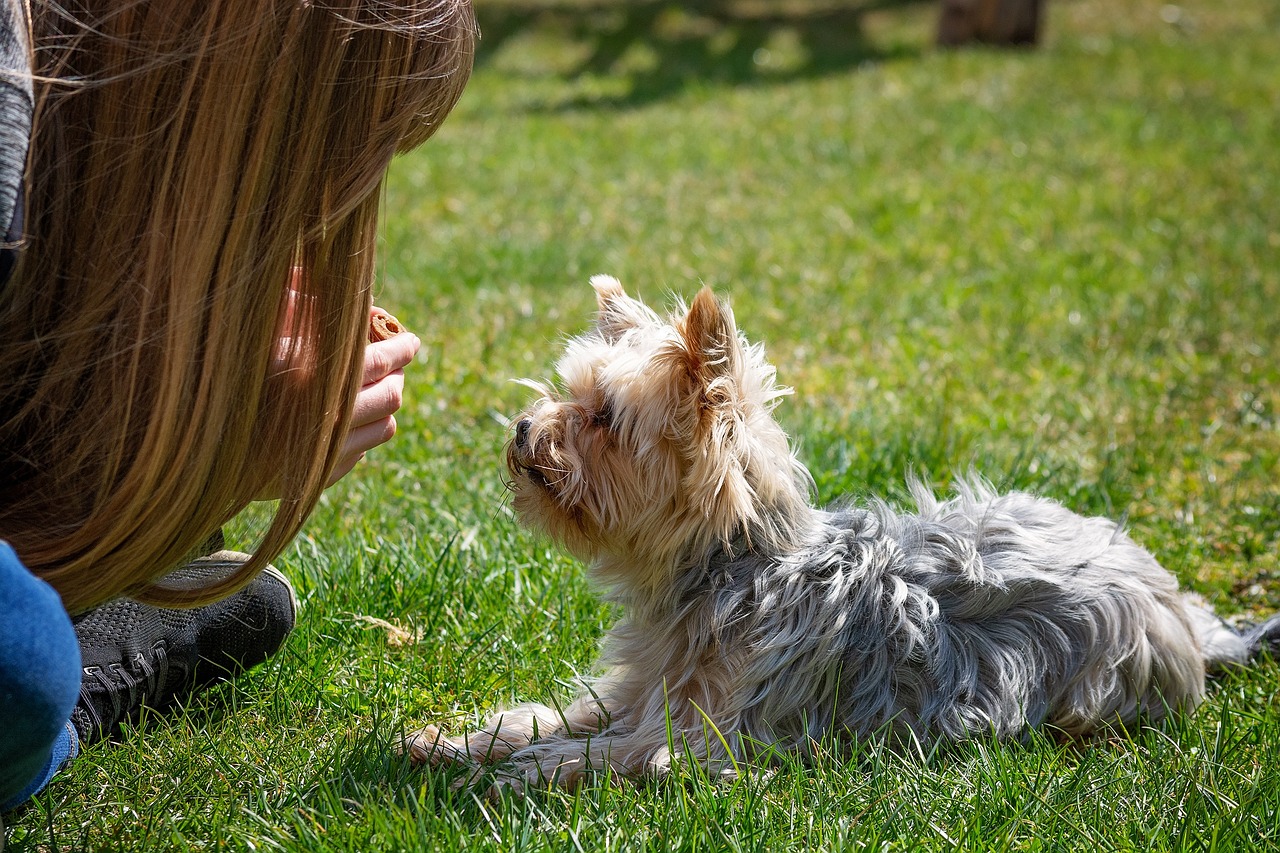
Do dogs really need blood transfusions? Dogs with severe blood disorders or those who have suffered a blood transfusion can be helped to recover by receiving blood from a healthy dog.
It is more difficult to match them because there are different blood types in dogs and people.
Learn everything about the different types of dog blood and their transfusions.
Can dogs have different blood types?
They do. Over a dozen dog blood types exist, and more will likely be discovered with further research.
Dogs have complex genetic inheritance patterns. The 12+ different blood groups are inherited separately.
The blood type most commonly found varies depending on the geographic region and breed.
There are several dog blood types, but the “dog erythrocyte Antigen 1” or DEA 1 is of the greatest medical importance.
If a dog is positive for DEA 1 then it can be DEA 1.1, DEA 1.2 or both.
What is the best blood type for dog donations?
Blood donation is preferred by dogs who are negative for DEA 1, as their blood can safely be transferred to other dogs, whether they are positive or negative for DEA 1.1 and DEA 1.2.
However, DEA-1-negative dogs may not be “universal donors”, as a dog could test positive for another type of blood that can cause problems.
The veterinarian performs a test known as “crossmatching” to ensure that there will not be an immune reaction against any blood type of the donor dog.
A veterinarian will typically be able to determine the best type of blood for the dog after confirming the DEA1 blood type.
Can Dogs donate blood?
In a real emergency, all dogs could theoretically donate blood. However, certain breeds are more likely to be successful donors. Vets are looking for a DEA1 Negative Blood Type. But there are a couple of other qualifications they consider.
Ideal dogs for blood donation are:
- More than 50 pounds. (If they are at a weight that is healthy for their size, larger dogs will be able to donate more blood and do so more frequently)
- Vaccinations up to date
- Health (without heart murmurs)
- No medication
- Free from infectious diseases, parasites and Blood-borne Diseases
- Calm:
- DEA 1 Negative
Crossmatching test results that show no immune reaction are a good indication of compatibility with DEA 1.
What dog health issues require a blood transfusion?
After a dog has suffered a severe loss of blood due to trauma or surgery, he may need blood transfusions.
Some diseases, such as Von Willebrand’s disease, can also cause serious bleeding and can be treated by a transfusion.
A blood transfusion will help to replace the blood cells that are lost or damaged by other diseases. This can make your dog feel better.
A blood transfusion can save the life of a dog with one or more of these diseases.
How is dog blood transfusion performed?
What happens during the blood transfusion?
Find a dog blood donor
Veterinarians have two options for getting blood to transfuse.
You can either request blood or pull blood from a willing dog donor.
Many local hospitals and emergency rooms have their own blood bank for pets.
Dog Blood Type Testing
Before the transfusion, both dogs’ blood types must match.
This process will be reversed. The vet takes a blood sample from the dog receiving the blood transfusion in order to test for any immune reaction to the blood sample taken from the recipient dog.
It is important to take this step, as giving DEA-1-positive blood to a DEA-1-negative dog can trigger the immune system’s attack on the new blood cells. This could reduce their effectiveness or cause serious allergic reactions.
Crossmatching is done after both dogs have been blood-typed for DEA 1.
Dog Blood Transfusion Process
Blood is stored in bags to prevent it from clotting, whether the bag goes to a bank for blood or to the dog.
These bags can be used to administer a blood transfusion to a dog. They are connected to an intravenous fluid line that has a built-in filter. Through the IV catheter, the blood transfusion can be administered directly to the dog’s vein.
It is determined by the size of the dog and its blood loss. The dog will be monitored closely for a certain period of time to ensure that they don’t develop an allergic reaction.
A single transfusion of blood is enough to aid the recovery of a dog with many diseases. In some cases, where the dog is suffering from a disease that causes blood loss and destruction of cells, he may require repeated transfusions.
Most dogs will never require a transfusion. However, for the few that may, this can save their lives.
By: Dr. Aja Senestraro, DVM